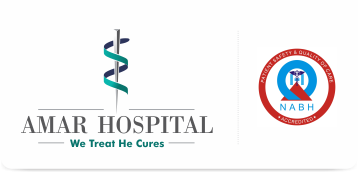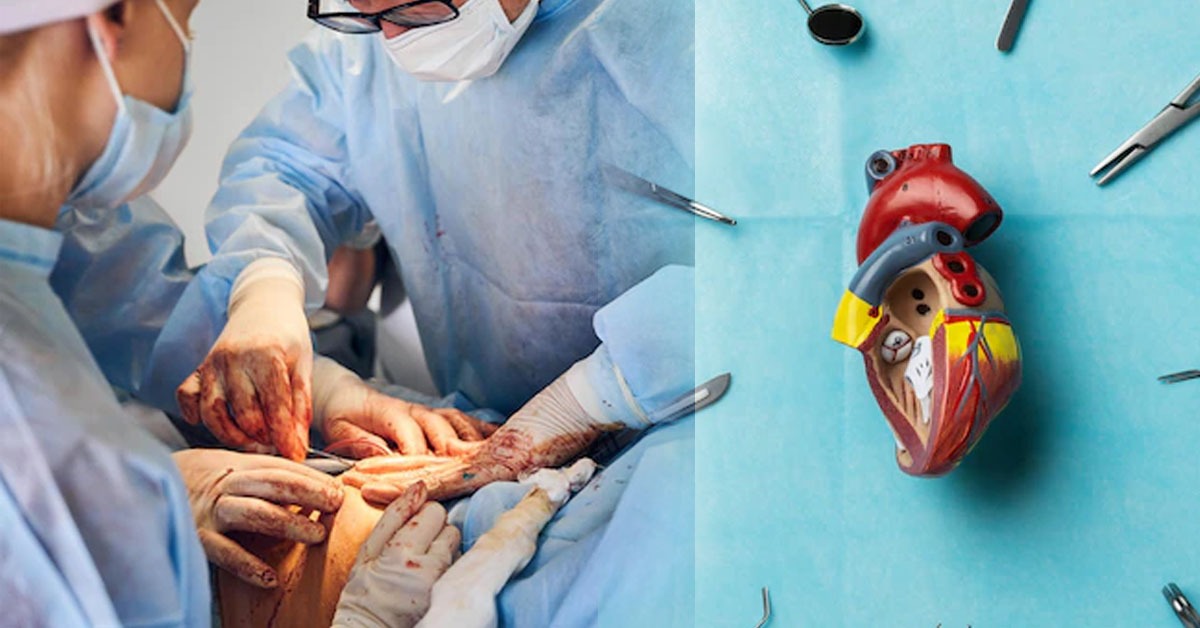When it comes to heart surgery, many people have a preconceived notion of what the experience will be like. But the truth is, the realities of Heart Specialist are often much different than what we imagine. From the emotional toll it takes on patients and their families to the unexpected complications that can arise during recovery, there’s so much more to this life-saving procedure than meets the eye. In this blog post, we’ll explore heart surgery realities, these realities and shed light on what you can truly expect from open heart incision surgery. So buckle up and get ready for an eye-opening journey into the world of cardiac care!
Types of Heart incision Surgery
There are many different types of open heart incision surgery, each with its own unique set of risks and benefits. Coronary artery bypass grafting (CABG) is the most common open heart incision surgery. This procedure is used to treat coronary artery disease, which is the leading cause of death in the United States. CABG involves taking a healthy blood vessel from another part of your body and using it to bypass the blocked or narrowed portion of your coronary artery. This can improve blood flow to your heart and relieve symptoms such as chest pain. Other types of open heart incision surgery include valve replacement, repair of cardiac defects, and transplantation. Each type of surgery has its own risks and benefits, so it’s important to discuss all options with your doctor or Heart Specialist in Punjab at Amar hospital before deciding which type is right for you.
Risks and Complications of Open Heart Incision Surgery
There are a number of risks and complications associated with open heart incision surgery, as with any major surgery. These include bleeding, infection, and adverse reactions to anesthesia.
open Heart incision surgery is also associated with a risk of stroke, which can occur if the blood supply to the brain is interrupted during the procedure. In some cases, this can lead to permanent brain damage or death.
Other potential complications of open heart incision surgery include damage to the heart muscle itself, arrhythmias (abnormal heart rhythms), and problems with the valves or other structures in the heart. While most of these complications are rare, they can be serious or even life-threatening.
In addition, there is a risk of developing blood clots after open heart incision surgery, which can lead to pulmonary embolism if they travel to the lungs.
Recovery from Heart Incision Surgery
Open heart incision surgery is a major operation that requires a long recovery period. It is important to be prepared for the physical and emotional challenges you will face during this time.
Most people stay in the hospital for 3-5 days after open heart incision surgery. You will be monitored closely during this time and your vital signs will be checked frequently. Once you are stable, you will be transferred to a regular room.
You will likely feel weak and tired for several weeks after surgery. It is important to get plenty of rest and avoid strenuous activity. You may also experience some pain and discomfort as your incisions heal. Your doctor will prescribe medication to help manage these symptoms.
It is normal to feel anxious or depressed after open heart incision surgery. It can take time to adjust to the changes in your body and lifestyle. You may need to make lifestyle changes, such as quitting smoking or eating a healthier diet. to know more about open heart incision surgery consult our Heart Specialist in Punjab at Amar Hospital.
What to Expect After Heart Incision Surgery
After open heart incision surgery, patients can expect to feel tired and experience some pain. Get plenty of rest and take it easy. Most people feel better after a few weeks and can resume their normal activities within a month or so. There may be some lingering effects, such as shortness of breath or fatigue, but these should improve over time.
After open heart incision surgery, it is common to feel tired and weak. You may also have some pain and soreness around your incisions. It is important to take it easy and let your body heal. Most people stay in the hospital for 3-5 days after surgery. Once you are home, you will need to limit your activity and take care of yourself. There will be follow-up appointments with your surgeon to make sure everything is healing properly.
After your open heart incision surgery is complete, you will be transferred to a recovery room where you will be closely monitored. You will likely feel groggy and disoriented from the anesthesia. Once you are awake and alert, you will be moved to a regular hospital room. Most people stay in the hospital for 3-5 days after open heart incision surgery.
Conclusion
Heart surgery can be a daunting experience for anyone, but with the right preparation and proper medical care it can also bring great relief from many symptoms. While the risks associated with open heart incision surgery are real, so too is the potential for a much better quality of life after you’ve undergone the procedure. We hope this article has helped shed light on what to expect before, during and after your open heart incision surgery, so that you can make an informed decision about whether or not it’s right for you.


